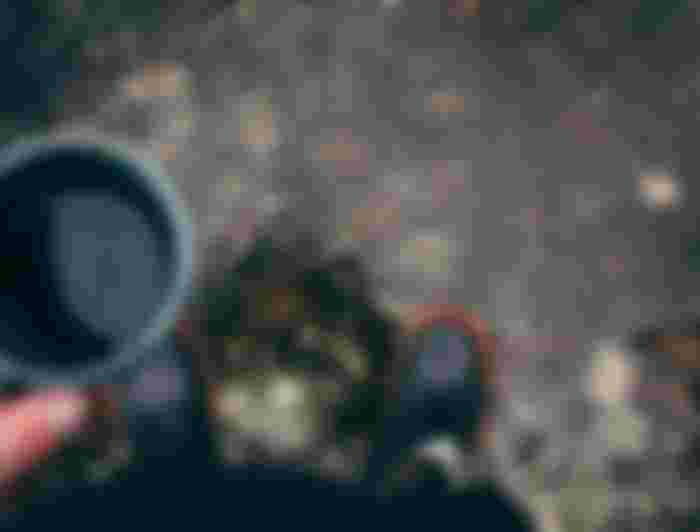They are invertebrates that, since ancient times, have been used to heal the human body. Many people are repulsed by these parasites because of their slimy, shrink worm-like physical appearance.

But their repulsive aspect is less important when compared to the curative aspect that they represent from the ancient alternative medicine.
There are many species of leeches, in this article I refer to the leeches of the species that sticks to the human body to suck its blood, the Hirudo medicinalis.
Since ancient Rome, Egypt and Greece, people have been reading about their medicinal use and the way in which these invertebrates use their eating habit of sucking blood to feed themselves as a method to heal pathologies in humans.
The process is not painful, despite the fact that this annelid has about 300 teeth in its mouth with which it bites and makes its incision in the area of the body and adheres to it with a strong suction cup that it makes with its mouth in the form of a pacifier. It has certain substances in its saliva that, when biting, are released into the human bloodstream, These substances are anesthetics, antibiotics and also a substance with an anticoagulant effect because it presents hirudin, which is an anticoagulant so its use in case of thrombosis is exploited by medical science.
They present proteolytic substances that destroy dead tissue and also have substances that dilate clogged blood vessels, thus channeling a closed vessel to drain blood again and become functional in the human body.
In ancient times, leeches were used because of the impression that ancient doctors had of thinking that diseases were the product of a blood totally contaminated by impure spirits and by extracting that blood it was possible to recover or completely heal the patient. They used bleeding, which consisted of making certain controlled incisions in the body to extract a certain amount of blood.
Leeches were used because of their blood-sucking habit to carry out these “removals” of contaminated blood in many cases.
It has been possible to verify its use by the ancient curators of ancient Persian, Egypt, Rome, etc. by the writings and some hieroglyphs found, which allowed us to verify the use of these annelids.
For many years this medical use was thought of as an unorthodox method to be used in modern medicine. But thanks to the studies that have been done in the use of these annelids and of all the releasing substances that they present in their saliva, they have come to be highly appreciated in current regenerative medicine.
At present, reconstructive medicine has found an ally in the surgeries of patients with dead tissue and in patients where transplants are performed and there is a risk of poor blood perfusion, it is then that the role of the leech begins to give life expectancy in affected patients.
In the cases of dead tissues, in tissue grafts, in amputations and prosthesis placements, tissue injuries in the diabetic foot, mammoplasty due to tissue death and many other pathologies.
There are many cases reported as surgical cases of patients recovered by the early use of the formerly rejected annelids and that currently play an important role in microsurgery and in the medical treatment of degenerative diseases such as arthritis.
Thus, little by little more favorable functions of leeches will be known to be used in the service of modern medicine.

So it's still used now. I remember reading somewhere that it was only used for phlebotomy studies Never expected that it would have anticoagulants in its saliva though